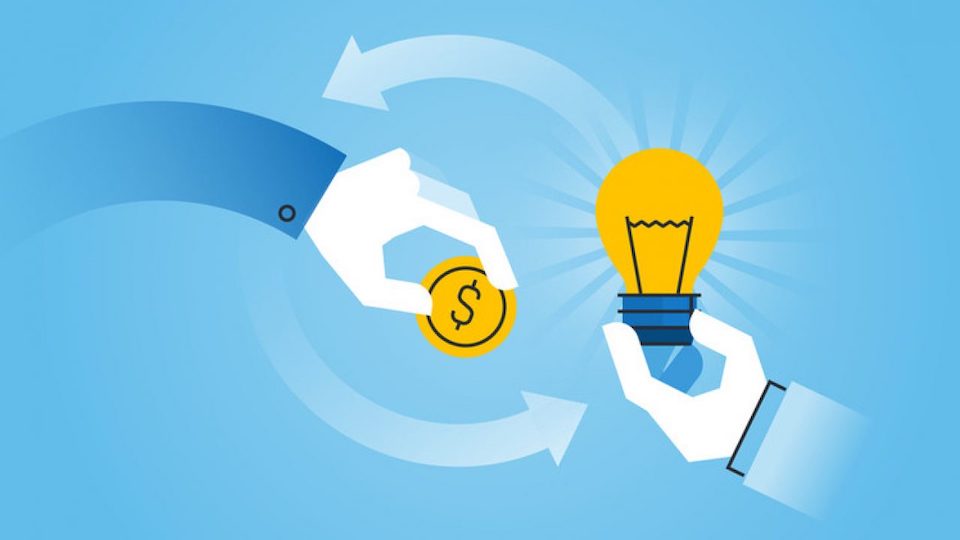
5 Things You Need to Know About Equity Crowdfunding
Today, equity crowdfunding has been gaining popularity as a practical method of starting and supporting businesses. The key justification for this is that it may allow future investors who otherwise wouldn’t have participated in conventional means of fundraising to participate.
Equity crowdfunding is a really easy process. It is a modern method of funding your firm. Because it is completely regulated by the SEC, it is also less dangerous than many other kinds of funding. Its lack of complexity indicates that a potential investor has the option to purchase shares of your business, thereby acquiring ownership and voting rights. Here are five things you should know about equity crowdfunding.

Who Can Use Equity Crowdfunding?
Any type of business can use equity crowdfunding, but start-up companies constitute the majority. Without having to give up any stock in their business, equity crowdfunding is intended to help smaller companies get off the ground.
However, there are restrictions that you must fulfill. For instance, you must be a US-based business with at least three years of experience and annual sales of less than $1 billion. Additionally, before using equity crowdsourcing, you will be subject to an SEC examination.
The Process
Crowdfunding for equity is a fairly easy process. In other words, an investor can purchase shares in your business and therefore acquire ownership and voting rights.
Although any purpose is allowed for the funds raised through equity crowdfunding, most often they are used to help businesses expand more quickly by bringing on new clients or making a sizable purchase.
Your business must have registered with the SEC, be allowed to trade stock ownership for funds, and have been registered with the SEC to engage in equity crowdfunding. You are prepared to launch a campaign if you satisfy these prerequisites!

The benefits
Everyone, from members of the public to startup capitalists, can use equity crowdfunding since it is adaptable. The objective is to foster a community around entrepreneurs and introduce them to potential investors who may lack the time and funds to enter the complex world of start-up financing.
Here is how equity crowdsourcing can help you expand your business more quickly.
- It is less risky than many other forms of finance because it is a controlled form of funding.
- Equity crowdsourcing provides your business with more legitimacy and visibility.
- Both investors and business owners can benefit from the tax advantages.
- It might also enable your business to negotiate a better deal with lenders or investors.
The risk factors
There are risks involved when using equity crowdfunding to invest in a business. The possibility that your investment will not generate a return is one of the main dangers.
The first danger is the possibility that your investment will not pay off. The likelihood that the business in which you invested would collapse and declare bankruptcy, leaving you with no money back, is very high. Before investing, you should examine how much this would harm because it is something to consider.
Another danger is that, if shares are in high demand during an equity crowdfunding campaign, you could end up purchasing them at an exorbitant price. This implies that your shares may ultimately be worth less than what you paid for them.








